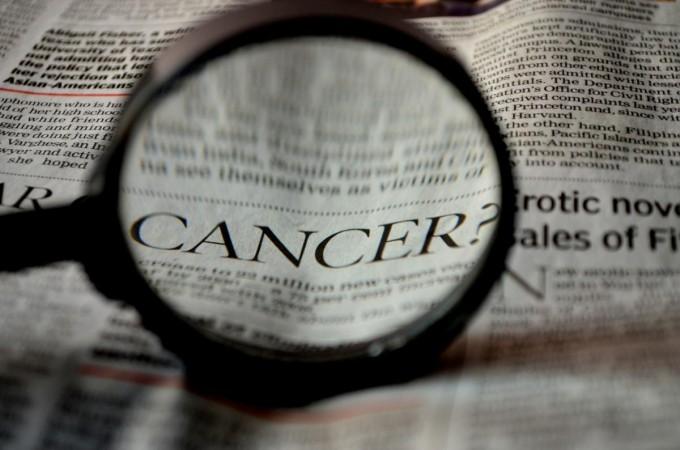Love to consume soft drinks with no added sugars, table-top sweeteners, and yogurt/cottage cheese containing artificial sweeteners? Beware, you may be at increased risk of cancer, warned a study.
Artificial sweeteners in food or beverages reduce added sugar content and corresponding calories while maintaining sweetness.
But the study, published in the journal PLOS Medicine, showed that people who consumed larger quantities of artificial sweeteners, particularly aspartame and acesulfame-K, had a higher risk of overall cancer compared to non-consumers. Higher risks were observed for breast cancer and obesity-related cancers.
"Our findings do not support the use of artificial sweeteners as safe alternatives for sugar in foods or beverages and provide important and novel information to address the controversies about their potential adverse health effects," Charlotte Debras from the French National Institute for Health and Medical Research (Inserm).

Debras added that the results are in line with several experimental in vivo/in vitro studies that have also claimed the link between cancer and artificial sweeteners.
Researchers from Inserm and Sorbonne Paris Nord University in France analyzed data from 102,865 French adults.
Participants enrolled voluntarily and self-reported medical history, sociodemographic, diet, lifestyle, and health data. Researchers gathered data concerning artificial sweetener intake from 24-hour dietary records.
After collecting cancer diagnosis information during follow-up, the researchers conducted statistical analyses to investigate the associations between artificial sweetener intakes and cancer risk.

The results suggest that artificial sweeteners, used in many food and beverage brands worldwide, may represent a modifiable risk factor for cancer.
These findings also provide novel information in the context of the ongoing re-evaluation of food additive sweeteners by the European Food Safety Authority and other health agencies globally.














